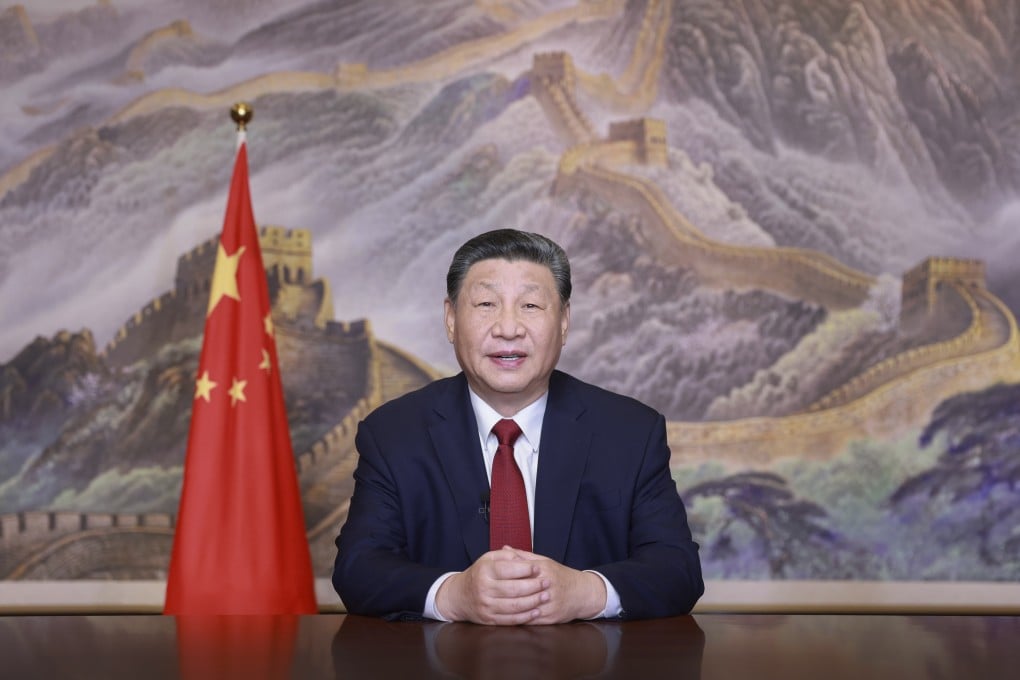

In a dramatic escalation of the ongoing trade conflict between the world's two largest economies, China has announced a bold move to prohibit the importation of American films.
This decision, revealed on April 8, 2025, comes as tensions between China and the United States continue to intensify, further straining their already fragile economic relationship.
The backdrop of this announcement is symbolically significant, featuring the Chinese flag alongside an image of the Great Wall—a powerful emblem of China's cultural heritage and national pride.
This latest development signals a new chapter in the trade war, one that extends beyond tariffs and goods into the realm of cultural exchange.
The trade war between the U.S. and China has been simmering for years, but recent events have pushed it to a boiling point.
Just days prior, on April 5, 2025, China retaliated against U.S. tariffs by imposing a hefty 34% tariff on American imports, a move that sent shockwaves through global financial markets.
The U.S. had earlier introduced sweeping levies, which wiped out $2.4 trillion from American equities, fueling fears of a global recession. Investment bank JP Morgan now estimates a 60% chance of a global economic downturn by the end of 2025, a significant jump from its previous 40% prediction.
China's latest decision to ban U.S. films is seen as a direct response to these economic pressures, but it also reflects a broader strategy to assert cultural dominance and protect its domestic entertainment industry.
China's film industry has long been subject to strict oversight, with a history of censorship dating back to the early 20th century.
Since the 1920s, the Chinese government has implemented measures to control the content of films, often banning those deemed morally objectionable or harmful to national interests.
The 2001 regulations mandated that studios self-censor their productions before submitting them for approval to the State Administration of Radio, Film, and Television (SARFT).
By 2018, the China Film Administration (CFA), operating under the Chinese Communist Party's Publicity Department, had taken over the review process, deciding which films could be released and under what conditions.
This latest ban on U.S. films aligns with China's historical approach to cultural protectionism, ensuring that foreign content does not undermine its ideological or political values.
The decision to block American films is not just a cultural statement—it’s a calculated economic move. The U.S. film industry, particularly Hollywood, has long relied on the Chinese market as a significant source of revenue.
Blockbusters often generate substantial box office earnings in China, making this ban a direct hit to American studios already grappling with the broader trade war's fallout.
By restricting U.S. films, China is not only shielding its domestic film industry but also sending a message that it can retaliate in multiple domains, from rare earth exports to cultural products.
This move follows China's earlier restrictions on rare earth exports, critical for high-tech manufacturing, which were announced as part of its retaliatory measures against U.S. tariffs.
Reactions to this development have been swift and varied. On X, users expressed a mix of concern and skepticism about the implications of this ban.
Some, like @entscoop14, noted that Hollywood would likely feel the pinch, while others, such as
@Nwamummi, warned that the move could cause more harm than good.
@Armber_Rose questioned the U.S.'s approach, asking why it often seeks to dominate global markets, while @1blackoracle urged Nigeria to stay out of the conflict, highlighting the country's limited stake in the dispute.
The sentiment on X reflects a broader global unease about the escalating trade war and its potential to disrupt not just economies but also cultural exchanges.
As the U.S.-China trade war continues to unfold, the ban on American films marks a significant escalation, one that could reshape the global entertainment landscape.
For now, the world watches as these two economic giants engage in a high-stakes battle, with far-reaching consequences for industries, consumers, and international relations.


